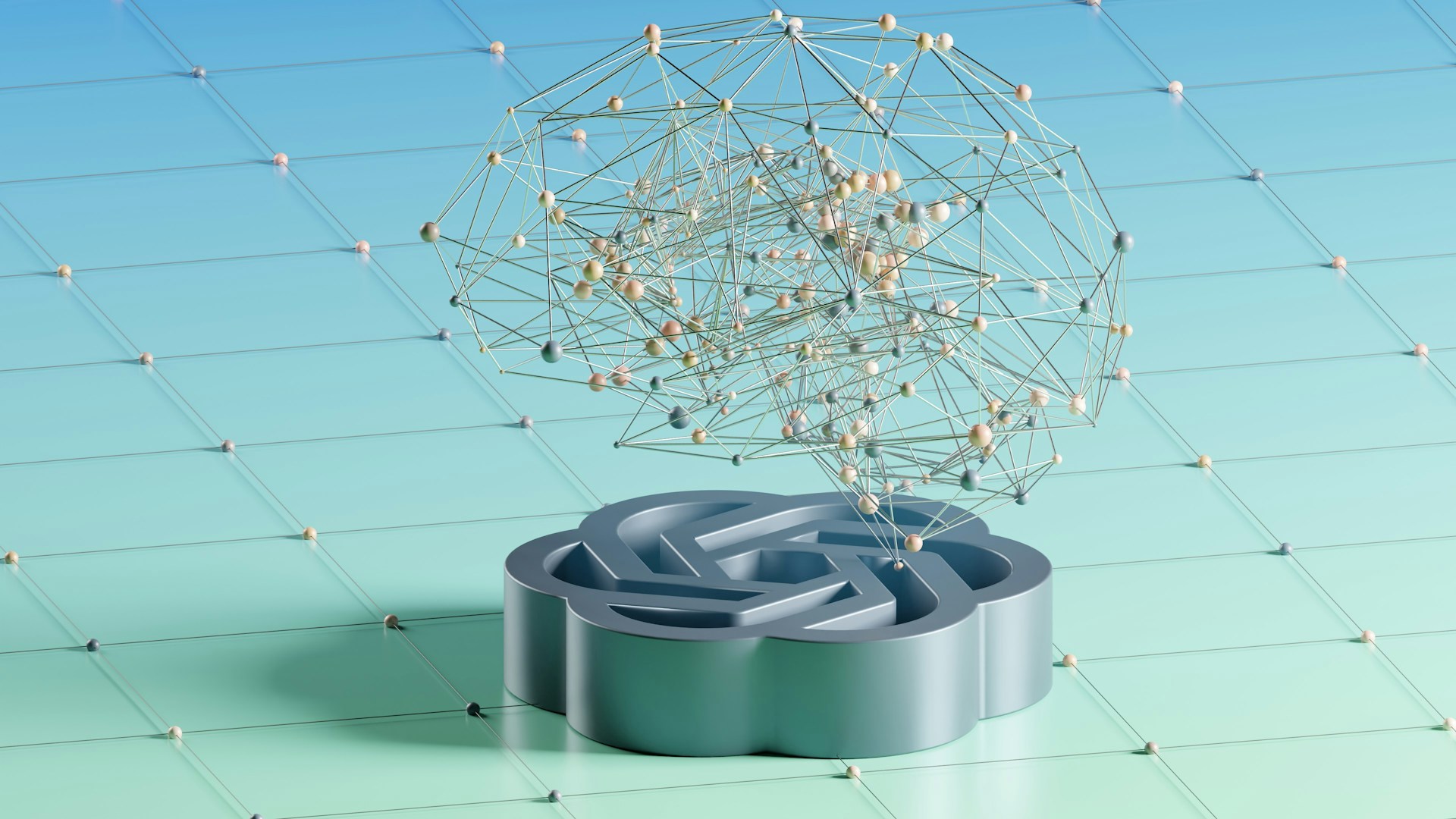
OpenAI has integrated Google Cloud into its computing network, shifting away from its heavy reliance on Microsoft as demand for artificial intelligence (AI) processing power surges.
The deal, completed in May after months of talks, will power ChatGPT services in five countries, including the US and UK. Google now joins Microsoft, Oracle, and CoreWeave as OpenAI’s cloud providers.
This move represents a dramatic change from OpenAI’s previous exclusive partnership with Microsoft. Azure served as the company’s sole data center provider until January, when the exclusivity arrangement ended.
“If anyone has GPU capacity in 100k chunks we can get asap please call!” OpenAI CEO Sam Altman wrote on X in April. His post showed how desperately the company needs more computing power.
OpenAI is planning a massive infrastructure expansion. The company aims to increase its data center capacity from 1.5 gigawatts to 10 gigawatts within two years. In March, it signed a $12 billion deal with CoreWeave for access to over 250,000 Nvidia computer chips across 32 data centers.
OpenAI has also committed to the ambitious $500 billion Stargate project alongside SoftBank and Oracle. This collaboration focuses on building AI-specific data centers to support the computing demands of advanced AI models.
The relationship between OpenAI and Microsoft has evolved considerably since their initial partnership began. Microsoft named OpenAI as a competitor in 2024, reflecting tensions as both companies now sell competing AI development tools and enterprise subscriptions.
Microsoft still retains “first refusal” rights when OpenAI requires new computing resources. But it no longer has exclusive rights to provide those services.
For Google Cloud, landing OpenAI as a customer is a significant win. Google’s cloud business is smaller than Amazon’s and Microsoft’s. The company already provides cloud services to Anthropic, another AI company founded by former OpenAI executives.
The arrangement reflects how massive computing requirements are reshaping competitive dynamics across the AI sector. Training AI models requires massive amounts of computing power. Companies can no longer rely on just one provider to meet these needs.
Users will not notice which cloud provider powers their ChatGPT sessions, as OpenAI routes requests across its multi-cloud architecture based on capacity and geographic location.
This shift reflects a bigger change in the tech world. AI companies now prioritize getting enough computing power over traditional partnership loyalty. As AI demand keeps growing, these multi-cloud strategies are becoming the new normal.






















